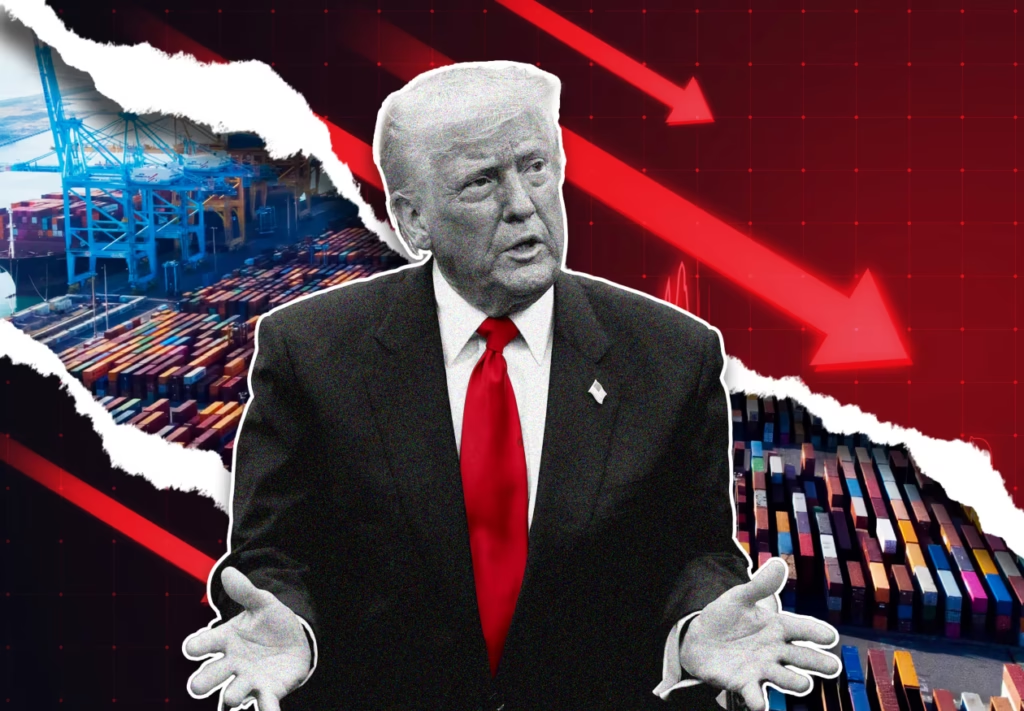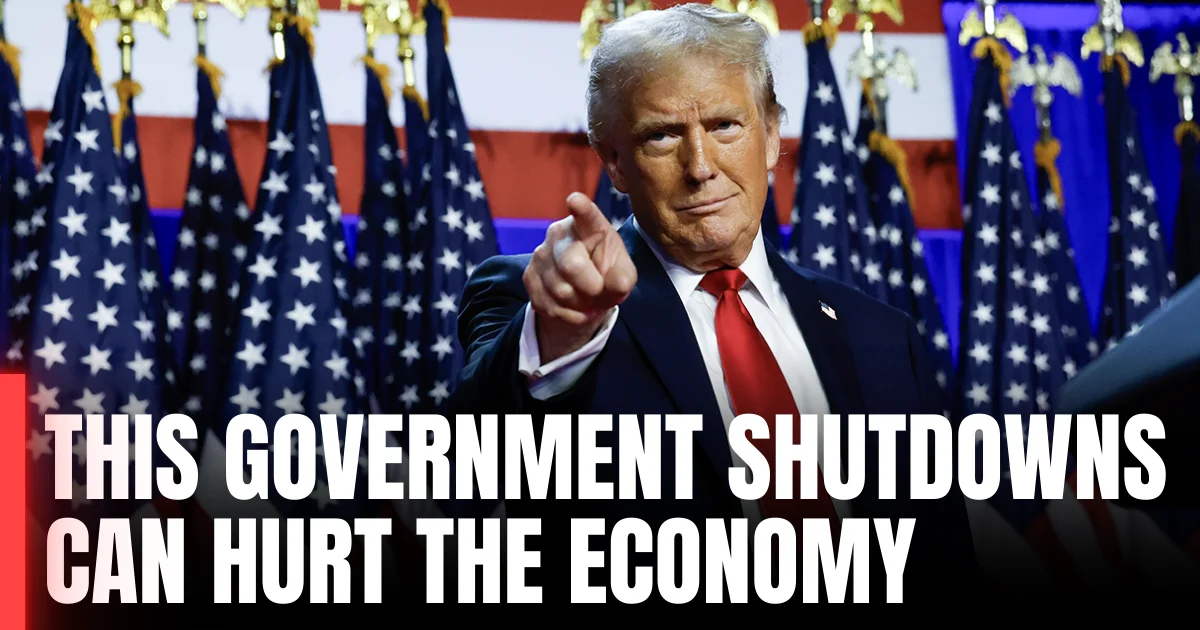Unlike past shutdowns, 2025’s crisis could hit jobs, markets, and data. Learn why economists fear lasting damage. Read more now!
Table of Contents
Government Shutdowns Usually Don’t Hurt the Economy. This Time Could Be Different
Introduction
Government shutdowns are often seen as political theater in Washington, DC, with minimal long-term effects on the broader US economy. Historically, shutdowns acted like a temporary storm—delaying activity but quickly rebounding once the government reopened. Even the 2018–2019 record-long shutdown left few lasting scars on markets or GDP.
But in 2025, the stakes are higher. With a weakening job market, rising unemployment, and threats of federal layoffs under the Trump administration, economists warn that this shutdown could deliver more than just a short-term disruption.

Why This Shutdown Feels Different
- Job market vulnerability: The US economy is already showing cracks with slower hiring and layoffs in both the public and private sector.
- Mass layoff threats: Unlike past furloughs, the administration has suggested permanent job cuts. That could raise unemployment insurance claims and hurt consumer spending.
- Delayed economic data: Shutdowns halt the release of inflation reports, jobs data, and GDP updates—forcing CEOs, investors, and even the Federal Reserve to operate blindly.
Economist David Kelly of JPMorgan says, “The timing is bad. It’s a little bit more dangerous this time.”
The Risk of Mass Federal Layoffs
Normally, furloughed federal employees return to work and receive back pay. But current signals suggest a more severe approach:
- Mass layoffs of federal employees could permanently shrink the workforce.
- This would contribute to an already rising unemployment rate.
- It could also depress long-term consumer confidence and household income.
Stephanie Roth, Wolfe Research, compares this risk to past tariff hikes, warning that while unlikely, such extreme policies can happen quickly.

GDP and Market Reactions
Traditionally, each week of shutdown trims 0.2% from GDP, losses that reverse once the government reopens. But if layoffs become permanent, economists warn of:
- Slower long-term growth
- Higher unemployment benefits spending
- Rising borrowing costs amid uncertainty
Markets, however, remain calm. The S&P 500 historically shows no major losses during shutdowns, with gains recorded in some cases, like 2018. Still, investors risk being blindsided without reliable government data.
Flying Blind Without Data
The Bureau of Labor Statistics (BLS) has confirmed that key reports—like the monthly jobs report and inflation data—will not be released during the shutdown.
- This leaves business leaders, investors, and the Fed without crucial insights.
- A prolonged shutdown could reduce data quality for future economic estimates.
- Inflation monitoring is especially critical given recent tariff-driven price increases.
As Citigroup’s Nathan Sheets notes, “If we have a period of time where the data isn’t available, those challenges would significantly increase.”
Will Markets Follow the Same Old Playbook?
Wall Street remains largely unfazed by the shutdown risk, citing history. Since 1976, government shutdowns have averaged no significant impact on stock performance.
But experts like Bob Elliott of Unlimited Funds caution that relying on history may be misleading this time, as structural risks—from job losses to missing data—are far more severe.
FAQs on Government Shutdown Economic Impact
Q1. How does a government shutdown affect the US economy?
Shutdowns usually cause a small drop in GDP (0.2% per week) but rebound quickly. However, prolonged shutdowns with layoffs can cause lasting damage.
Q2. Do government employees get paid after a shutdown?
Typically, furloughed workers receive back pay. But current threats of permanent layoffs could mean thousands lose jobs permanently.
Q3. How will a shutdown impact financial markets?
Historically, markets remain stable. But without jobs and inflation data, investors may face higher volatility in 2025.
Q4. Will the Federal Reserve change policy due to a shutdown?
The Fed relies heavily on government data. If reports are delayed, rate decisions may be based on incomplete or outdated information.
Q5. What sectors are most at risk?
- Federal employees facing layoffs
- Investors lacking critical data
- Households reliant on government services or unemployment insurance
Conclusion
Past government shutdowns have been more inconvenience than catastrophe. But in 2025, with unemployment rising and federal workforce reductions on the table, the stakes are far higher. Investors, policymakers, and households may soon realize this shutdown isn’t just a delay—it could be a turning point.

